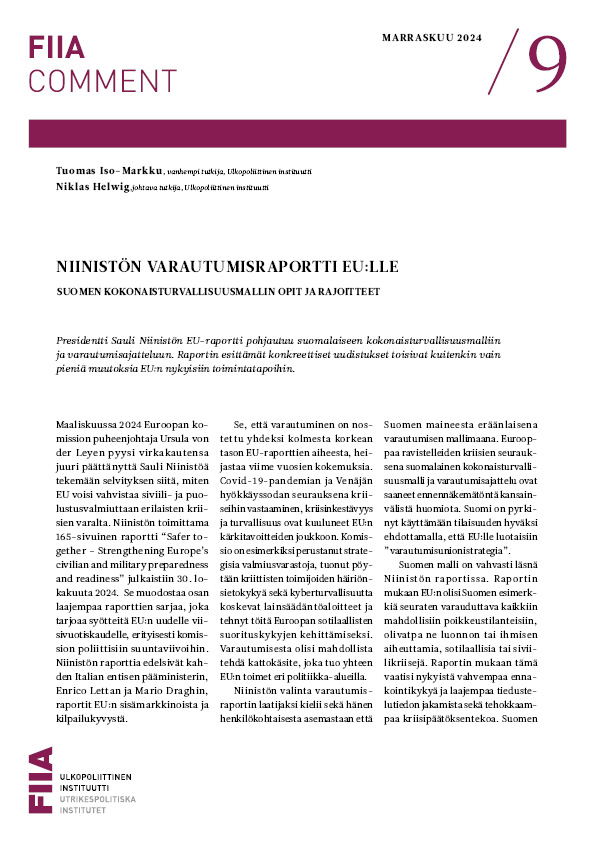Iceland applied for EU membership in 2009 at the height of the economic crisis. Four years later, a new government has put the application on hold: the majority of Icelanders are opposed to entry, but want to continue the accession process and put the results to a vote.
Iceland’s longer-standing problems with European integration stem from the issue of sovereignty in general, and maintaining control over fisheries and agriculture in particular.
Since 2009, anti-European feelings have been stoked by the ‘Icesave’ dispute, while the prospective benefits of entry (including use of the euro) have been tarnished by witnessing the fate of other small states during the euro crisis.
The new government proposes remaining a member of the EEA and developing relations with other world powers. But the US commitment to Iceland has weakened over the years, and ‘rising’ powers like China are unable, as yet, to solve the country’s core problems.
In terms of both its security and its standing within the global economy, Iceland is becoming more rather than less dependent on Europe over time. The question raised by the latest political turn is whether it will have to maintain that relationship from a distance, with limited control and with no guaranteed goodwill.








